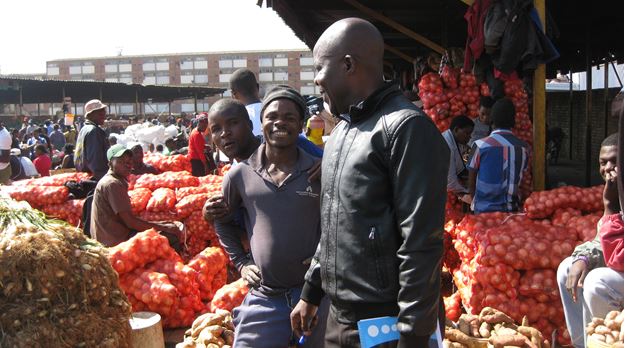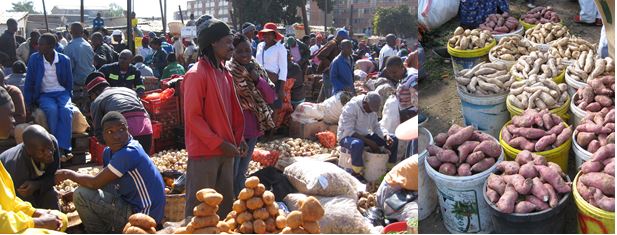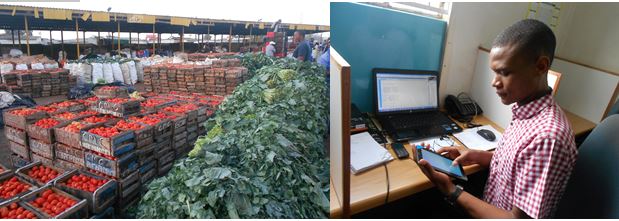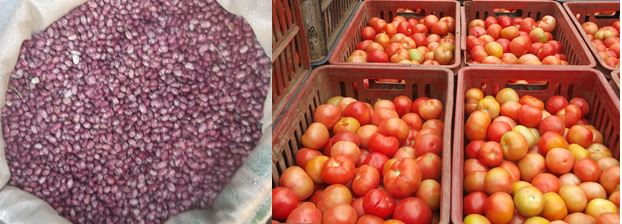Using questions to uncover solutions and spark change in 2018
While many people have made resolutions for 2018, eMKambo is devoting this brand new year to questions that open doors, uncover solutions and spark positive change among farmers and other agricultural value chain actors in developing countries. In our pursuit for tools and techniques to improve our practices, let us not forget that questions are Read more about Using questions to uncover solutions and spark change in 2018[…]









